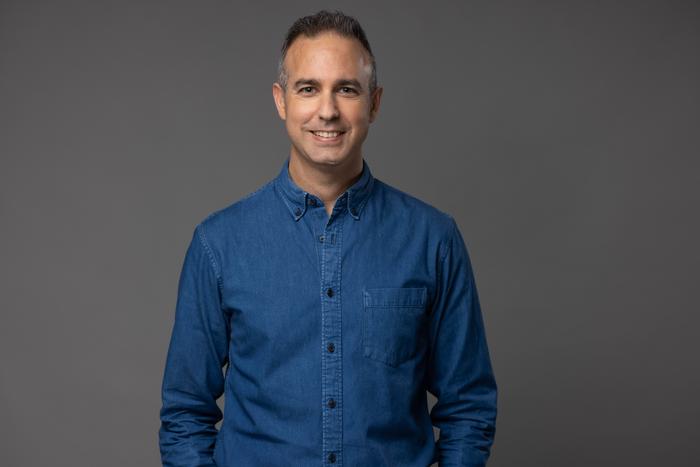A recent study from Israel has unveiled compelling insights into the factors that influence the desire for family expansion among lesbian, gay, and bisexual (LGB) parents. The study, spearheaded by Dr. Geva Shenkman Lachberg of the Dina Recanati School of Medicine at Reichman University, highlights the significant roles of age, economic stability, number of children, and religiosity, challenging long-standing assumptions regarding the impacts of discrimination and social support in this demographic.
Employing a robust sample of 234 LGB parents, with an average age of 40.23, the research surveyed individuals over a period spanning from November 2022 to February 2024. This research marks a pivotal moment, as it positions itself as the first of its kind to systematically investigate the motivations for family growth among LGB parents who utilized assisted reproductive technology. This focus brings to light the intricate dynamics of parental aspirations within a community that has historically navigated paths marked by both societal acceptance and prejudice.
In-depth questionnaires were utilized, covering a spectrum of variables that might sway the desire for additional children. The researchers meticulously examined sociodemographic characteristics that include parents’ age, gender, educational background, economic status, religiosity, marital status, number of existing children, and residential area. They juxtaposed these variables against perceptions of parental roles, social variables, and cultural attitudes towards parenthood known as pronatalism.
Interestingly, the findings diverged sharply from earlier research concerning non-parent LGB individuals. Prior studies indicated that experiences of discrimination and social support indeed played a significant role in shaping parenting desires. In contrast, the new research found that, for LGB parents, such factors bore little consequence on their intentions to expand their families. Instead, sociodemographic factors emerged as the sole significant predictors.
As this study challenges the widely held beliefs regarding social stigma, it proposes that, for LGB individuals who have successfully navigated parenthood, acceptance within societal norms becomes increasingly attainable. Dr. Shenkman Lachberg articulated that, after breaking through the existing barriers of entry into parenthood, many LGB parents find themselves integrated within broader social acceptability frameworks, predominantly influenced by traditional sociodemographic criteria.
The acceptance of LGB parents into the societal fold may mark a transformative shift where economic factors become paramount. The researchers observed that a higher economic status contributed significantly to the desire for more children. This finding suggests that not only is there an economic cost associated with raising children, but also an intrinsic link to the aspirations LGB parents hold regarding their family structures.
In delving deeper, the research explored the layers of religiosity among LGB parents. Nations such as Israel, known for their deep-seated cultural reverence for childbirth and procreation, reveal how religiosity influences parental aspirations. It becomes evident that those who identify more strongly with religious practices are typically more inclined to seek larger families, aligning with the cultural endorsements of parenthood that permeate Israeli society.
The role of parental satisfaction and competence is also pivotal in theorizing why some LGB parents may want more children. Furthermore, the prevailing feelings of fulfillment and success in their current parental roles appear to correlate positively with the desire to expand their families. This highlights the psychological aspects of parenting that resonate across all family configurations, suggesting that successful parenting can incentivize further family aspirations regardless of sexual orientation.
Despite encountering a historical landscape marked by stigma and discrimination, it appears that the lived experiences of LGB parents post-parenthood diverge from the challenges of their pre-parenthood counterparts. It raises a thought-provoking question about societal progress and the evolving narratives surrounding LGB familial structures.
The findings of this study pose profound implications for policymakers and community support structures as well. As legislative and social frameworks evolve to encompass more inclusive definitions of family, understanding the motivations behind family expansion for LGB parents will be crucial in ensuring meaningful support systems are established.
As the Israeli context presents a unique case study, marked by accessible fertility treatments and progressive social attitudes towards parenting, it serves as a model for further investigations into the intersection of parental aspirations and socio-demographic factors within diverse cultural landscapes worldwide.
Ultimately, this research not only deepens the understanding of the aspirations of LGB parents but also highlights the need for continued exploration into the values and motivations shaped by diverse socio-economic and cultural environments. As society navigates an era of profound change, the voices of LGB parents provide vital insights into the future of family dynamics across all sexual orientations.
With the potential for these findings to influence future research and public understanding, the call to action for further inquiries has been firmly established. The researchers aim to delve deeper into the narrative of LGB parenthood, ensuring that the motivations and desires of this demographic continue to inform both academic discourse and practical policy-making.
Subject of Research:
Article Title:
News Publication Date:
Web References:
References:
Image Credits:
Keywords:




